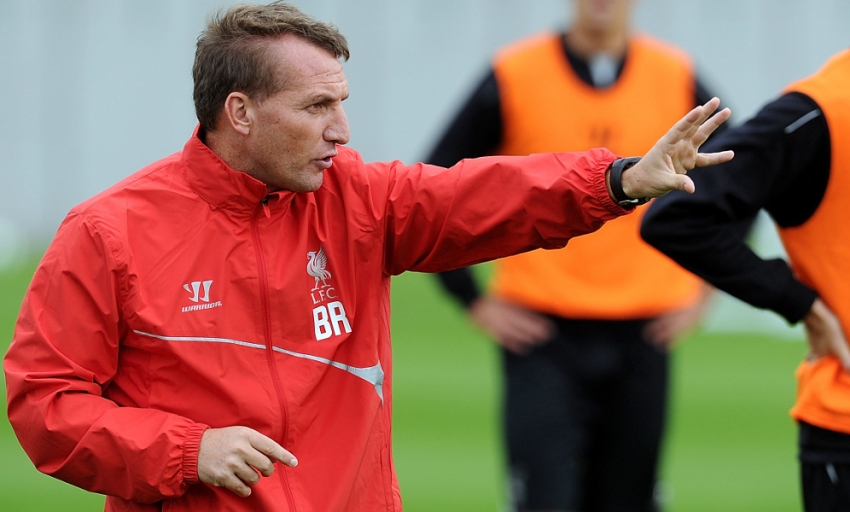Blog: The evolution of tiki-taka
In this week's Talking Reds, Simon Steers analyses Liverpool's playing style and compares it to the traditional ideals of 'tiki-taka'.
.jpg)
Following Spain's early exit from the World Cup in Brazil, many football commentators and analysts were swift to announce the death of tiki-taka - the possession-based passing philosophy that was the hallmark of Pep Guardiola's great Barcelona side and the Spanish national team that led to so much success in recent times.
When Brendan Rodgers was appointed at Liverpool, it was believed his philosophy was very much similar to that of Guardiola and his style of football. The idea was that Liverpool would look to build a style that had elements of tiki-taka at its core, a possession-based game where play was built on patience and incision.
But if Guardiola was the original architect of tiki-taka, Rodgers has become one of the leading coaches in the evolution of the philosophy, taking it onto a different level. The key principles of tiki-taka remain in place, but like any style, there is a natural evolution.
Rodgers' version of possession football has evolved into three core areas.
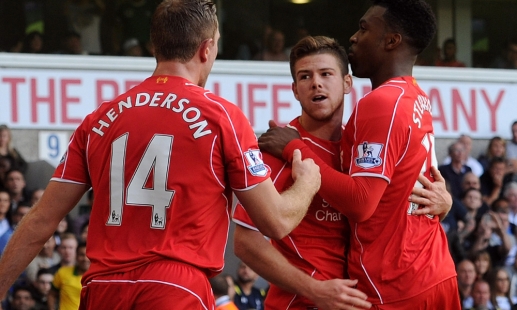
The pressing game
If you want to play a possession-based game then you need the football, so the pressing game is absolutely integral to winning the ball back as early as possible. Under Rodgers, this is something that Liverpool do relentlessly from the very top of the pitch. The forward players hunt the ball down in packs, which often forces mistakes from defenders in trying to distribute the ball too quickly.
One of the key men in the Liverpool side is Jordan Henderson, and that is because his ability to press the ball is incredible. His energy and athleticism allow him to cover a huge amount of ground, and he is so important in winning back possession and moving the ball. Joe Allen is another player that does this very well.
There are a lot of teams that like to press the ball across Europe now, but few do it as well as Liverpool when we are really on song. If you look back to the Arsenal game last season (5-1) it was the pressing in the first half that was the catalyst to forcing the Gunners backwards. It was a classic display of the pressing game at its best, and it is something that Liverpool did brilliantly well in a lot of games last season.
Fast forward to the Tottenham game on Sunday and once again our success in the first half was largely down to how well we pressed the ball.
To press well you need players that have the athleticism and energy to do it relentlessly, and that is why the likes of Henderson and Sterling are so vital to how we play. All of the players look to press the ball in areas of the pitch, but those two are hugely influential to how we press teams from the very top.
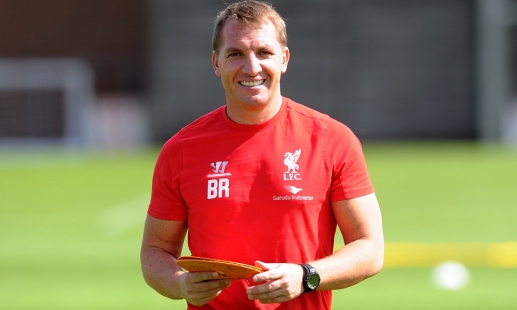
Speed of pass
Pressing the ball has always been an integral component to tiki-taka, but where Liverpool have taken it on to a different level is the speed and incision of pass when they have the ball. Last season we scored 101 goals, and the speed of our attacking play was too much for teams.
There is a train of thought that we have abandoned the possession-based philosophy in favour of becoming a counter-attacking team, but that does our style a dis-service. We are quick, incisive and ruthless on the counter attack, but it is the speed and incision of our passing through our forward players that creates opportunity.
When Barcelona and Spain were at the peak of the tiki-taka years they both had the ability to keep hold of the ball and increase the speed of the game at different points. Under Rodgers, Liverpool have looked to play with more energy and speed when they have the ball, and have been less inclined to slow the pace of the game.
Of course, there is no way you can keep that speed of play up for 90 minutes, and at points in games we are happy to let the opposition keep the ball in less dangerous areas.
The key to our style under Rodgers is pressing the ball at the right moments and moving it quickly through short, sharp passing, moving defenders around and creating space for our forward players to drift into.
We also have the ability to slow the game down and keep the ball if we need to, but the biggest difference between the traditional tiki-taka ideals and Rodgers' philosophy is that speed and incision has become more important and potent than patience.
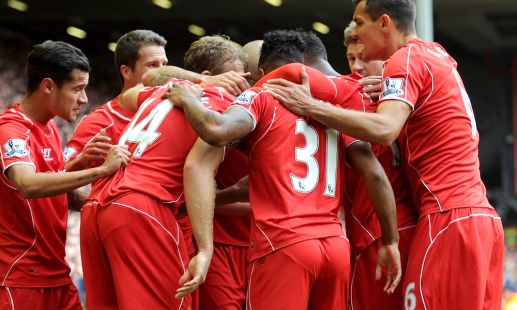
Movement
One of the biggest assets in this Liverpool team is the interchangeable functionality of our players who are all comfortable playing in a fluid system. If we play with a two or a three up top, we have a player that can sit in the No.10 role to pick out the movement of our forwards who rotate positions, making them very difficult for defenders to mark.
The full-backs are really important to the system as they provide the width to stretch the game and can provide attacking outlets. Both Javier Manquillo and Alberto Moreno look to be perfect for the system we play; both athletic and like to get forward, and have the speed and tactical discipline to get the balance right between attack and defence.
It isn't just the movement of our forward players; it is also the speed of movement which makes us so difficult to defend against. Sterling, Sturridge, Balotelli and Markovic are all very quick, but they are also very quick thinkers, which makes for a potent combination.
Coutinho, Lallana, Allen, Gerrard and Henderson all have the ability to play a killer pass, and the movement ahead of them often gives them great options to create opportunities.
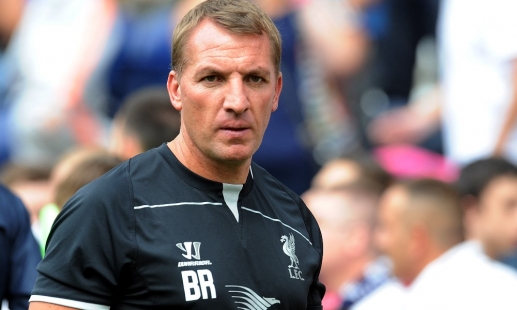
Is tiki-taka dead?
There is a strong case that the Spanish version of tika-taka that was the foundation to so much success has moved on, but it isn't dead. You could argue that versions of tiki-taka have been around for decades, so much of the success Liverpool enjoyed under Shankly, Fagan, Paisley and Dalglish was built on a possession-based philosophy.
What Brendan Rodgers has done brilliantly well at Liverpool is to take tiki-taka onto a new level - taking the best parts of it and creating a different, more exciting brand of possession football. We saw that same brand of football being used at the World Cup, with teams like Columbia playing in a similar kind of style to Liverpool.
There will be teams across Europe that already play like Liverpool, but there will be others that look to follow the blueprint. One of the best things about the evolution of our style is its unpredictability, as Rodgers has said before the system might change, meaning teams will never know how we are going to set up, but the style will always remain the same.
It may be that as this Liverpool team evolves under Rodgers we see some tweaks to how we control certain games - but one thing I don't think we will ever lose is that aggression, speed, intensity and incision we apply to a possession based game.
And as last season told us, that can take us a long way whilst playing some of the most exciting football in Europe.
Follow the author @sisteers


